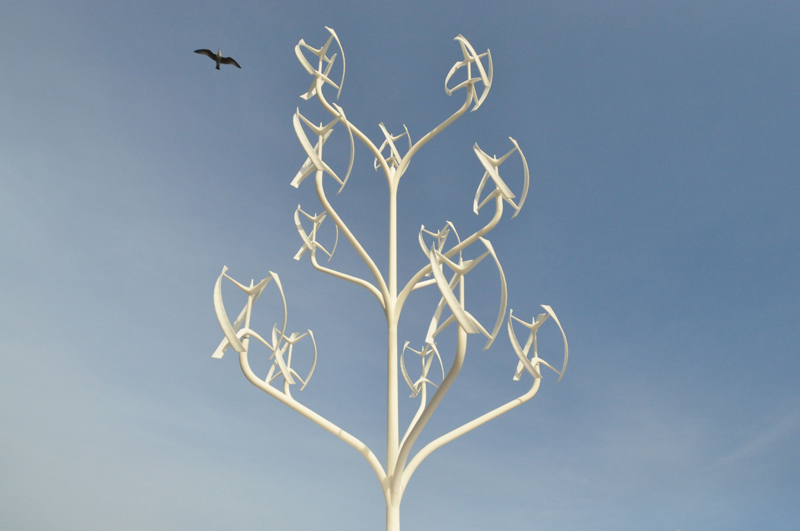Personal Core Virtues/Values

As I ’ ve mentioned in my last post about self-archeology tools , it‘s very useful to identify your personal core virtues and values, and to live in accordance to them. But first, let’s talk about definitions... Value is that, what's important and useful for the person. It can be a knife, if you want to slice a piece of bread; or a map, if you want to go from Germany to England. Virtue is a positive trait or quality of one’s personality. However, when people talk about what’s important for them character- or morality-wise, they often use those concepts interchangeably. So, to avoid confusion, in this article I’ll also use those concepts synonymously. Basically, here I’ll talk about positive personal traits that are useful to have and to follow (call it virtues or values). The first, and in my opinion the most important, virtue is honesty . Honesty is defined as telling the truth (not lying): firstly, to yourself – and to others. It involves accepting the truth about your lif...


